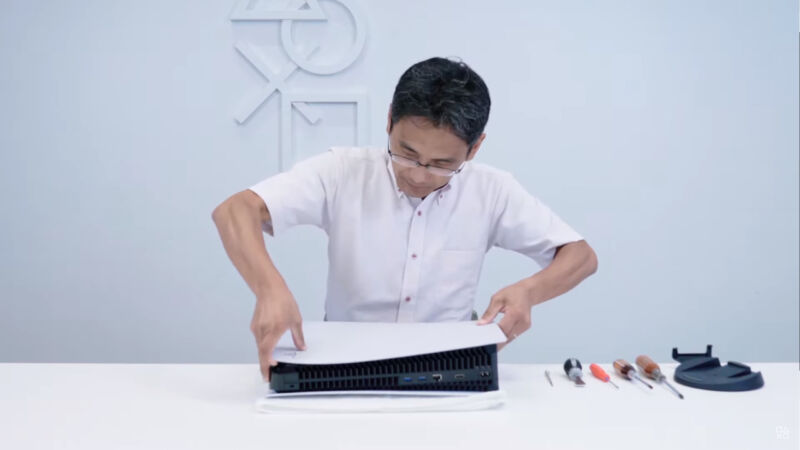
Are shortages here to stay?
The modest increase in PS5 production in the coming months likely won't be enough to put a dent in widespread PS5 shortages, which are causing units of the system to sell out almost immediately when they hit retail shelves. But Totoki's new statement suggests those shortages are driven more by intense demand than by Sony's inability to secure the chips it feels it needs in the near term (and while scalpers certainly aren't helping that situation, healthy demand from consumers seems to be driving the market in total).
Sony's planned PS5 production numbers through the end of the console's first full fiscal year are broadly in line with the company's production of the PS4 in the same period following its late 2013 launch. Initial shortages of the PS4 had given way to easy retail availability by the summer of 2014, though, another point suggesting that demand for the PS5 is simply much higher than that of its predecessor.Sony could theoretically respond to this stronger-than-expected demand by cranking PS5 production well above the 14.8 million consoles it had originally planned to make this fiscal year. But that kind of ramp-up doesn't seem likely in the short term, either because of chip supply issues or the logistical difficulty of quickly changing long-planned production schedules.
In April, Totoki warned that he felt it was "not likely" that Sony could "drastically increase the supply" of PS5 units before the end of the fiscal year. In May, he followed that statement up by telling investors, "I don’t think demand is calming down this year, and even if we secure a lot more devices and produce many more units of the PlayStation 5 next year, our supply wouldn’t be able to catch up with demand."
Despite the shortages, the success of the PS5 is driving record revenues for the company's Game & Network Services division, which brought in $5.6 billion in the quarter ending in June. Sony said PlayStation software sales were up 38 percent over the same quarter in pre-pandemic 2019, leading Totoki to say, "We believe that the game market has expanded significantly over the last 2 years." Time spent playing PlayStation titles was similarly up 18 percent from two years ago, though it was down from the pandemic-lockdown-induced highs of 2020.
Only a bit more than 16 percent of PlayStation software sales came from Sony's first-party exclusives in the quarter, in contrast to the vast majority of software sales on the Nintendo Switch that come from Nintendo's own titles. A full 71 percent of Sony's full-game sales came as digital downloads, though, reflecting long-standing sales trends away from physical discs on consoles.
Overall, Sony's quarterly operating profit was up 26 percent year-over-year to a record $2.57 billion.
Article From & Read More ( Low semiconductor supplies may not be the main reason for PS5 shortages - Ars Technica )https://ift.tt/3jqnvAW
Technology
Bagikan Berita Ini














0 Response to "Low semiconductor supplies may not be the main reason for PS5 shortages - Ars Technica"
Post a Comment